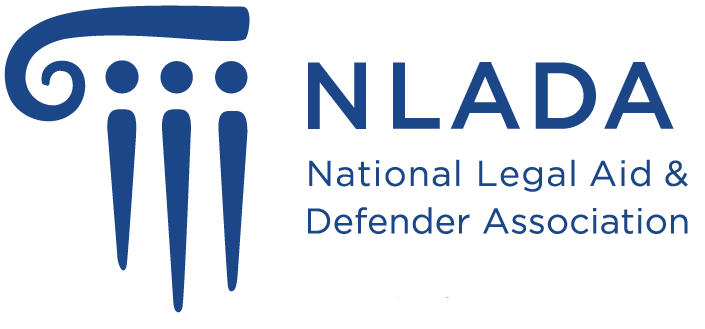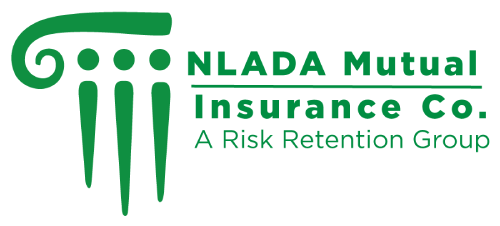**This solicitation may be a good fit for defender programs who have existing work related to reentry, mental health, and/or substance abuse.**
The Improving Reentry for Adults with Co-occurring Substance Abuse and Mental Illness Program improves provision of services to offenders with co-occurring substance abuse and mental illness (CSAMI) when they leave incarceration to reenter the community, which in turn will help to reduce recidivism and promote public safety. Specifically, its goal is to improve access to and delivery of standardized screening and assessment, collaborative comprehensive case management, and pre- and post-release programming for returning inmates that address criminogenic risk and needs, including treatment and services that address mental illness and substance abuse.
The program prioritizes coordination among corrections, substance abuse, and mental health treatment providers, as well as correctional health, and parole or probation services, which enables the development of collaborative comprehensive case plans that address criminogenic risk, substance abuse, and mental health needs. Past grant cohorts have struggled with standardized CSAMI screening and assessment, case management, fidelity to evidence-based practices for cognitive behavioral therapy and CSAMI, information sharing, and data collection. Within data collection there has been specific issues defining successful completion, and the development of comprehensive evaluations. Applicants, whether correctional agencies or human service departments, should consider sustaining the program and system policy changes after the grant period ends.
Second Chance Act Program for Improving Reentry for Adults with Co-occurring Substance Abuse and Mental Illness improves access to and delivery of services to offenders with co-occurring substance abuse and mental illness when they leave incarceration to reenter the community. The focus of the Program is to provide standardized screening and assessment; collaborative comprehensive case management; and pre- and post-release programming that address criminogenic risk and needs, including mental illness and substance abuse. The expectation is that jail or prison systems will develop or refine a standardized screening process for all people in the correctional facility. Further, community-based treatment providers must coordinate with corrections, correctional health, parole, and probation, as applicable, to develop collaborative comprehensive case plans to aid in the reentry process. Eligibility is limited to States, units of local government, and federally recognized Indian tribes (as determined by the Secretary of the Interior).
County governments
Native American tribal governments (Federally recognized)
Special district governments
City or township governments
State governments

